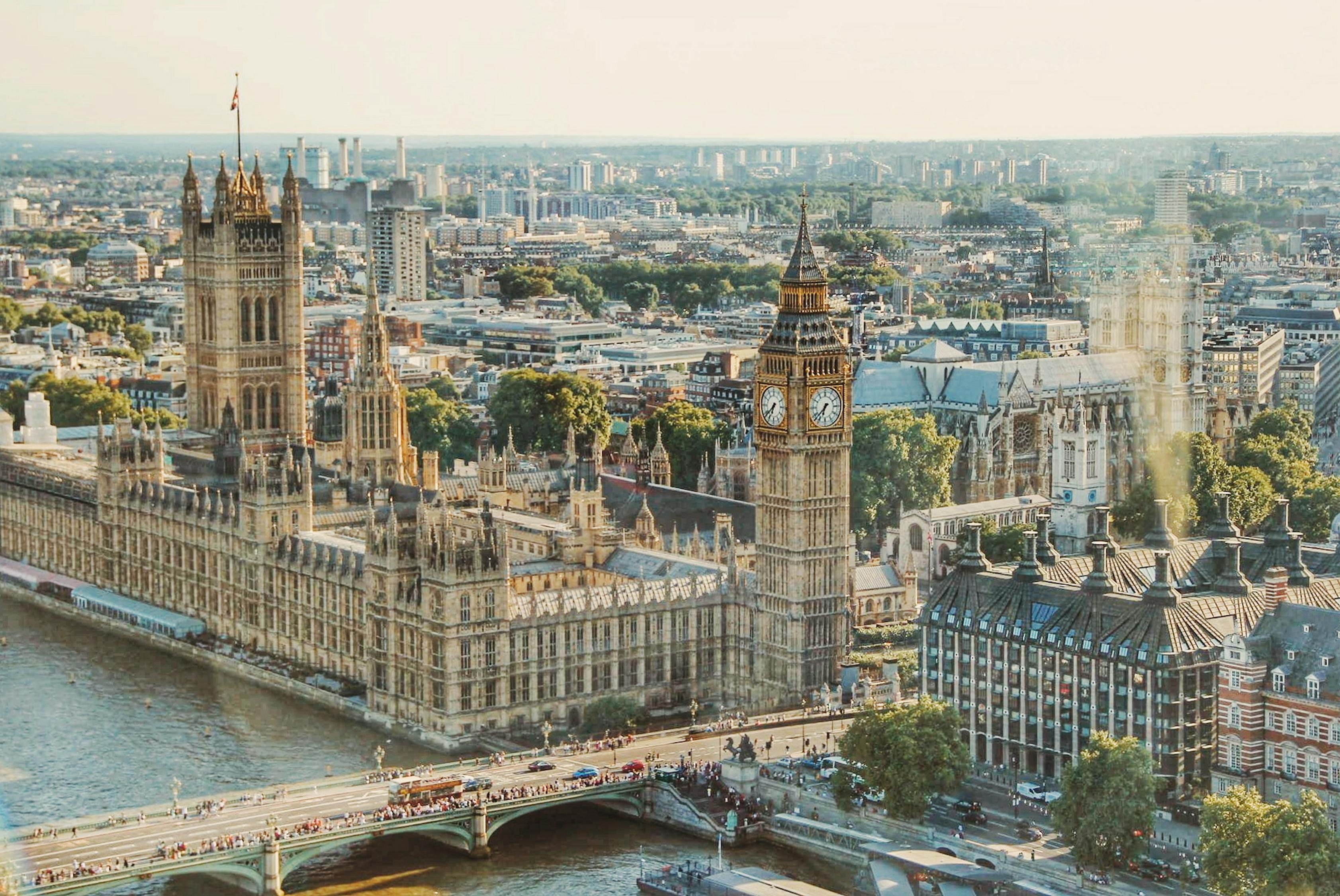
The UK Foreign Office has made clear its stance regarding Russian misconduct over the past two years.
The UK’s Foreign, Commonwealth & Development Office has summoned the current Russian Ambassador, Andrey Kelin, over concern from the UK Government regarding a “pattern of malign activity,” which includes cyber intrusions, the ongoing hostility at the Ukrainian border, and the illegally annexed territory of Crimea.
On April 15th, a spokesperson from the FCDO stated that “The UK Government is deeply concerned about a pattern of malign behaviour by the Russian State.” Such examples of malign behaviour include the believed involvement of Russia in the SolarWinds cyber-attack and the recent build-up of Russian military presence at the Ukraine-Russia border within the past few weeks.
These statements by the FCDO follow suit from an announcement of support for President Biden’s actions against Russia in the wake of the hostility at the Ukraine border, such as sanctions outlined in a recent executive order signed by the President and the expulsion of ten Russian diplomats from the US. This decision was announced on April 15th. The Permanent Under-Secretary of the FCDO, Sir Philip Barton, is stated to have “made clear” to Ambassador Kelin the support of the UK Government for President Biden’s sanctions.
Over the past few weeks, the Russian military has been observed building up strength on the Russia-Ukraine border in a move that looks to be the preamble to an invasion – the largest massing of Russian troops in the area since the illegal annexation of Crimea in 2014. Around a month ago, the UK’s Foreign Secretary, Dominic Raab, made a statement via Twitter – “The G7 are deeply concerned by the large, ongoing, build-up of Russian military forces on Ukraine’s borders & illegally-annexed Crimea. We call on Russia to end provocations & de-escalate tensions.” This was a joint statement made on March 18th between the UK and the other G7 nations: Canada, France, Germany, Italy, Japan, The US, and representatives of the EU.
It is currently unclear how the situation will proceed going forward – as Russia still maintains the position that their actions amount to little more than ‘standard’ military drills near the border, despite Ukrainian Foreign Minister Dmytro Kuleba’s claims that the army near the border amounts to around 120,000 troops in an official statement made on Tuesday.
Russian state media also appears to claim that Moscow intends to block portions the Black Sea to any foreign military and official ships for the next sixth months, doubtlessly a response to Ukraine-supporting nations sending support to the Black Sea, such as the UK’s group of a Type-45 Destroyer, an anti-sub Type-23 Frigate, as well as F-35B stealth jets and Merlin helicopters stationed aboard the HMS Queen Elizabeth aircraft carrier – as listed by a spokesperson from the Ministry of Defence in a statement made to The Times in the past two days. As it stands currently, the HMS Queen Elizabeth is unable to enter the Black Sea without breaking an international treaty which prevents access of aircraft carries.
As it stands, it appears as thought the situation has little sign of de-escalating, even given the withdrawing of US Military units from the Black Sea area. Going by Ukrainian reports, Russian numbers appear to be increasing beyond the number of 120,000 given by Foreign Minister Kuleba, spread across multiple border regions. It may well be that the US attempts to intervene peacefully, but the fact remains at present that the UK has already sent a force and has made clear that they are ready to assist Ukraine should Russia attempt to invade, or occupy, Ukrainian territory.
While the situation looks as though it could escalate, it may yet be the case that Russia opts to withdraw their own forces from the region – although quite unlikely, it’s too early to realistically say what will happen. All that can be said is that the situation is unfolding in a fairly rapid manner, and will likely require the attention of many countries sometime soon, if not already.